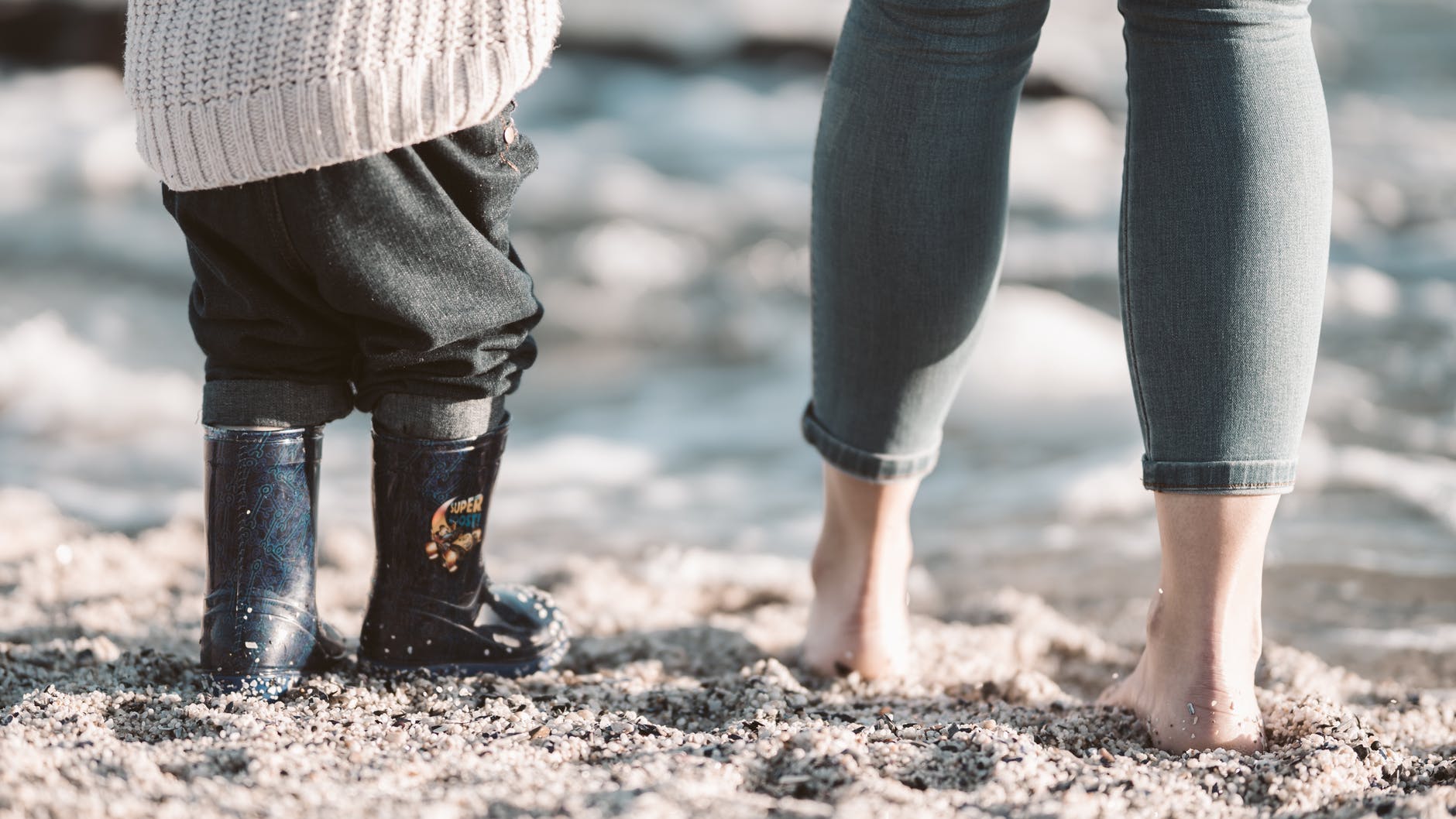It’s Summer already!

You know that summer is upon us when Glastonbury is safely over, cricket scores dominate the headlines and Wimbledon fortnight gets under way. In the UK we anxiously scan the sky for rain clouds and hope that temperatures will rise. It’s time for our summer holidays.
In Scotland and Norther Ireland we are generally a little earlier than other parts of the UK. Nobody is quite sure why. Schools here tend to break up at the very end of June or early July, whereas in England and Wales they can be a good three weeks later. For the last couple of years, due to Covid restrictions, many families have chosen to spend their holidays in the UK and a good number are planning the same again this year.
Why do holidays differ across the UK?

One theory is that children in rural communities used to have to help out on the land. There may be something in this but the busiest time is harvest time, which is later. Many jobs still needed done though; looking after the beasts, tending and gathering fruit, vegetables, hay, peat, depending on the area and the weather. However, is the growing season significantly different, geographically, across the UK to account for this?
The Trades Fortnight

Historically, cities had what were called the Trades Fortnight. In each area, it was traditional for all trades to take their holidays at the same time. The Edinburgh and Aberdeen fortnights were both in the first two weeks of July. Glasgow followed next in the last two weeks of July, whilst the Dundee were the last week of July and the first week of August. These holidays started off at a week in duration but later extended to a fortnight. Most trades shut down and workers headed to the countryside or with the advent of the railways, to the coast. This saw the rise in popularity of seaside resorts right down the east coast from Montrose and Arbroath, extending south as far as Whitley Bay and Scarborough.
Origins of the Glasgow Fair

In the west of Scotland, the original Glasgow Fair dates back to the 12th century when in 1190, Bishop Jocelin acquired permission from King William the Lion to hold an annual fair around the cathedral. Traders could buy and sell livestock, goods and even servants, free from tolls, under the protection of the king. Later, as in the other growing industrialised cities, the trade fairs took over and as transport links grew people people headed “doon the watter’ to places like Rothesay and further down the Clyde. As time went on they travelled further afield to Blackpool and the resorts of Wales.
Travel abroad

Next came the advent of cheap travel to Europe and further afield. Wealthy families had been used to such excursions in what was called the “Grand Tour”. However, this became accessible to more people with a growing road and rail network and more so with the advent of cheap air flights. Whilst holidays at home remained popular the lure of more exotic destinations and dependable weather proved irresistible to many.
Staycation
We have become used to this word over the last two summers especially but when did it first appear in our vocabulary? This is still being worked on by lexicographers. The first reference dates back to 1944, then 1965. However, as far as I can see these earlier examples still used a hyphen. It started to be used more widely in the noughties and finally entered various dictionaries by the end of that decade as a proper compound word, not as suggested by Wikipedia, a portmanteau, which would take us into a whole new discussion!

What are your plans?
So here we are. Some of us are very lucky to live near the sea or in the countryside. It is all too easy to moan about summer visitors and all the inconveniences they may bring, I know I have. However, spare a thought for those not so lucky. A friend of mine recently said that our wee corner of the world is as busy as it was in the sixties. I look back fondly on those halcyon days because I was one of those day trippers or holiday makers, with my family. Perhaps we just have re-adjust, count our blessings and be thankful that the sun still shines, the sea still laps on the sandy shore and after a stunning sunset we can look forward to another beautiful sunrise. Take care!
© Jenny Hoggan
July 2022

